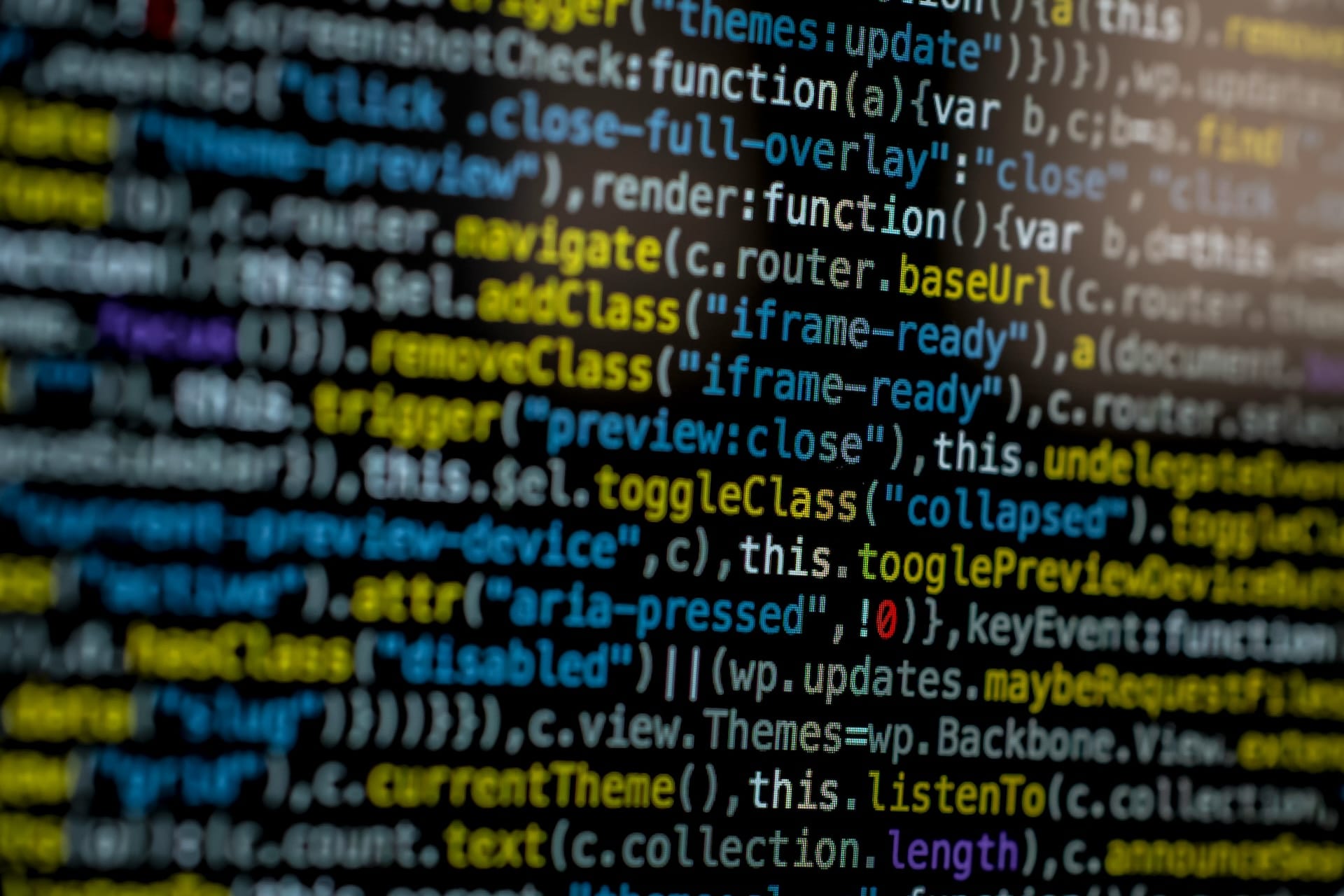In today's globally networked economy, outsourcing is a common means of reducing costs and gaining access to specialised experts. In the field of software development in particular, many companies rely on external service providers to realise projects efficiently and cost-effectively. However, this model raises important questions regarding the ownership of the developed software. In this blog post, I describe who owns the software once it has been completed and how you as a company can ensure that the developed software is not used without authorisation.
Who owns the software after completion?
The question of ownership rights is one of the key issues when outsourcing software development. In principle, the answer depends on the contractual agreements between the client (company) and the service provider.
- Work contract vs. service contract: In a work contract, the service provider undertakes to produce a specific work - in this case the software. Once the work has been completed and handed over, the ownership rights are usually transferred to the client. In a service contract, on the other hand, the service provider provides a service without handing over a specific end product.
- Intellectual property: Most outsourcing contracts explicitly stipulate that the intellectual property in the developed software belongs to the client after completion (rights of use and exploitation). This is particularly important to ensure that the client has sole control over the use and further development of the software.
- Licences and rights: It is also possible that the service provider only grants the client a licence to use the software. In this case, the ownership rights remain with the service provider, while the client receives the right to use the software under the agreed conditions.
How can you ensure that the developed software is not used without authorisation?
One of the biggest concerns when outsourcing software development is the risk of the service provider reselling or reusing the developed software to other customers. To prevent this, the following measures can be taken
- Contractual clauses: It is important that the contract contains clear confidentiality and exclusivity clauses. These clauses should stipulate that the service provider may not pass on the developed software to third parties or use it for other projects without the client's consent.
- Code reviews and audits: The client may conduct regular code reviews and security audits to ensure that there is no unauthorised duplication or distribution of the software. These audits can also help to ensure that the code complies with the agreed standards.
- Use of Non-Disclosure Agreements (NDAs): In addition to the main contract, NDAs should be signed to ensure that all confidential information, including source code, is protected. An NDA can help to take legal action if confidentiality is breached.
- Technological protective measures: The use of encryption and other security technologies can help protect the source code and ensure that only authorised individuals have access
Conclusion
Outsourcing can be an effective means of efficiently carrying out software development projects. However, it is important to establish clear contractual agreements and take appropriate security measures to protect property rights and confidentiality. Through careful planning and the selection of trusted partners, companies can ensure that their software remains unique and their competitiveness is not jeopardised. We at DevRiseUp are happy to advise you on this important topic. Get in touch with us.

